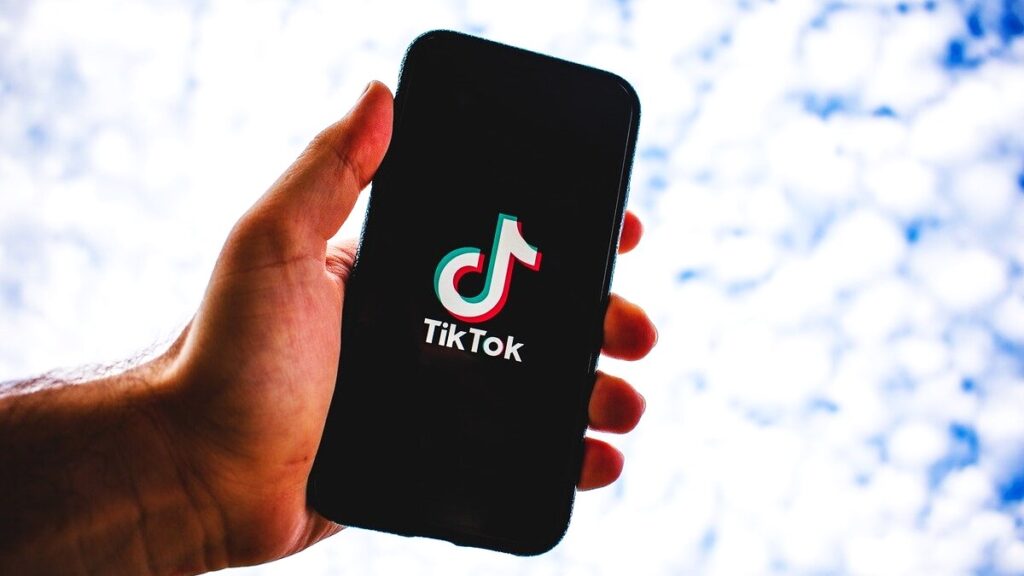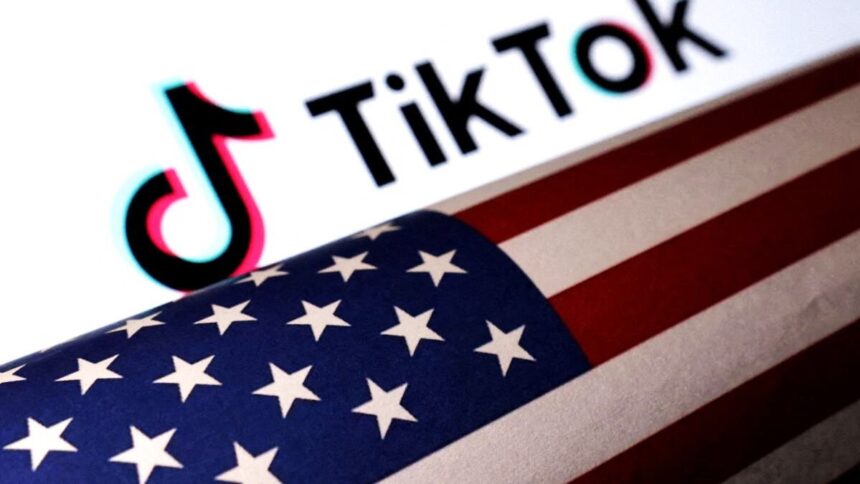As TikTok’s potential ban in the United States approaches, a crucial legal battle is unfolding in federal court. TikTok will only have fifteen minutes on Monday to contest a new regulation that might compel it to stop operating in the United States unless its Chinese parent firm, ByteDance, sells up its shares. The 170 million American users of the app might be greatly impacted by the case’s decision, which could also establish a precedent for other First Amendment lawsuits involving digital platforms.
The Legal Battle Over TikTok’s Future
The U.S. Court of Appeals for the District of Columbia Circuit will host a high-stakes hearing on Monday morning where TikTok’s legal team will square off against U.S. government attorneys. Arguments over the legality of a statute signed by President Joe Biden in April will be heard by this court, which was selected because to its experience with matters pertaining to national security. According to the legislation, ByteDance faces a national ban if it doesn’t sell TikTok to a non-Chinese owner by January 19, 2025.
TikTok and ByteDance argue that the law infringes on Americans’ First Amendment rights by potentially shutting down a platform that many rely on for self-expression and information. The company also contends that the law is impractical and that divesting TikTok would not address the government’s national security concerns effectively.

Government’s Argument: National Security Risks
Supported by legislators and national security authorities, the U.S. government claims that TikTok’s Chinese ownership makes it a serious concern. They claim that TikTok’s potent algorithm allows the Chinese government to control public opinion or get private information about American users. The Justice Department claims that China may utilize TikTok’s user data collecting and algorithmic sway for intelligence and disinformation purposes.
In court filings, government attorneys claim that TikTok’s assurances about data privacy are insufficient. They argue that TikTok’s algorithm and data collection practices make it a security threat that justifies the law’s requirement for ByteDance to divest.
TikTok’s Response: First Amendment and Practical Concerns
TikTok’s legal team counters that the law violates the First Amendment, which protects freedom of speech and the press. They argue that forcing the app to shut down or divest would prevent Americans from expressing themselves and accessing information on a platform that has become central to digital communication. Additionally, TikTok and ByteDance assert that the law’s requirements are technically and legally unfeasible. They claim that separating TikTok from ByteDance would undermine the app’s functionality and that the Chinese government’s stance on exporting its technology makes a sale unlikely.
TikTok also highlights that a draft proposal for addressing national security concerns was abandoned by U.S. officials without explanation. This proposal included measures such as placing U.S. user data on servers managed by Oracle, an American company, and creating barriers between TikTok and ByteDance.
The U.S. government says TikTok creators can post what they want, just not on a major platform controlled by a foreign adversary. “The statute is aimed at national-security concerns unique to TikTok’s connection to a hostile foreign power.”https://t.co/4hoGZBo2rw
— Jonathan Cheng (@JChengWSJ) September 16, 2024The Court’s Challenge: Balancing National Security and Free Speech
The central question for the court is whether the potential national security risks posed by TikTok justify the potential infringement on Americans’ free speech rights. TikTok argues that the risks cited by the government are speculative and that there are less extreme measures that could address these concerns without a full ban.
The court’s decision could have far-reaching implications beyond TikTok. It will address how the government can balance national security interests with constitutional rights in the context of digital platforms. The ruling will also impact how courts evaluate the constitutionality of laws that target specific technologies or foreign entities.
What to Expect Next: Timing and Potential Supreme Court Review
The U.S. Court of Appeals is expected to issue a ruling in the coming weeks, with many anticipating a decision before the January 2025 deadline. The Supreme Court may eventually weigh in, given the case’s significance and the potential for setting a legal precedent. Legal experts suggest that the high court is likely to review the case due to its implications for First Amendment rights and national security.
Broader Implications and Public Reaction
The debate over TikTok is not just a legal issue but also a reflection of broader concerns about technology, privacy, and international relations. Supporters of TikTok, including many content creators, argue that the law unfairly targets the app due to its Chinese ownership while ignoring similar privacy and content moderation issues on other platforms. Critics of the law view it as a symbolic gesture in the U.S. response to China, raising concerns about its impact on free speech and the technology sector.
The case has attracted significant attention from various stakeholders, including digital rights groups, former national security officials, and several U.S. states. As the legal battle continues, all eyes will be on how the court balances these competing interests and what precedent it sets for future cases involving digital platforms and national security.
In conclusion, the upcoming court decision will be pivotal in determining whether TikTok remains accessible to U.S. users or if it will face a ban. The outcome will not only affect TikTok but could also influence how future national security and free speech issues are adjudicated in the digital age.






